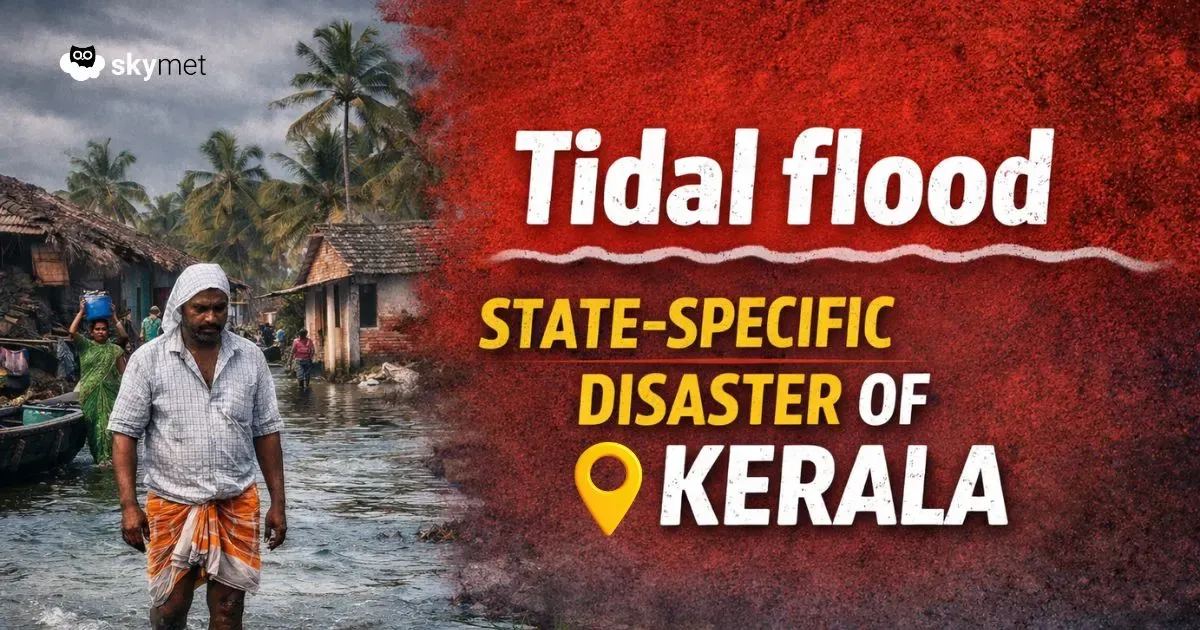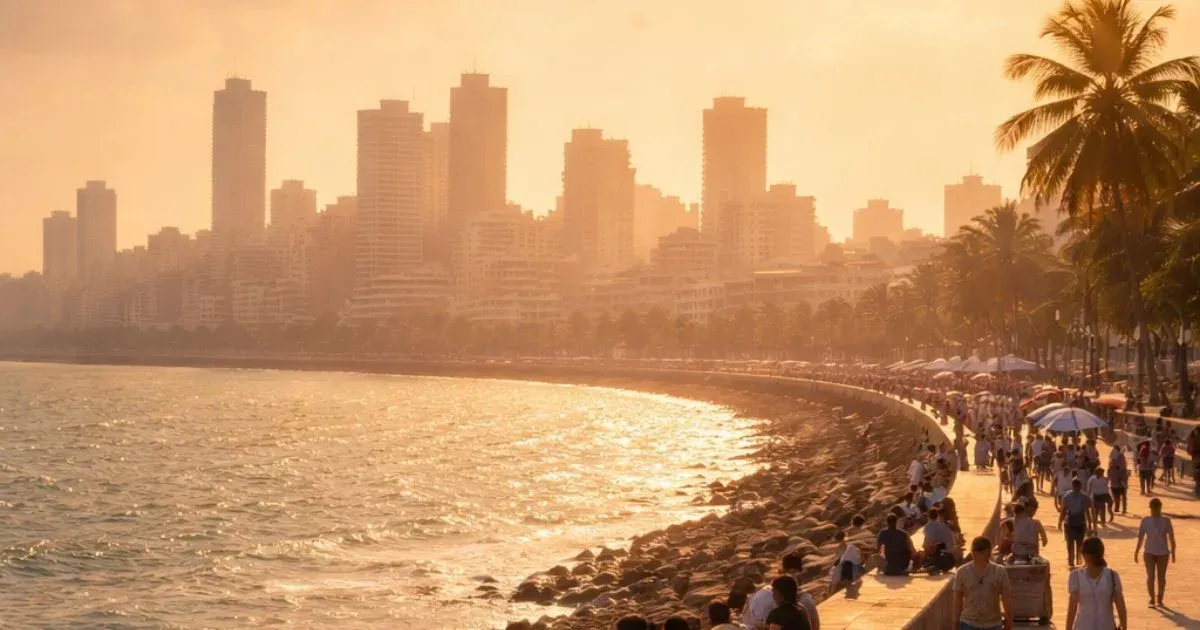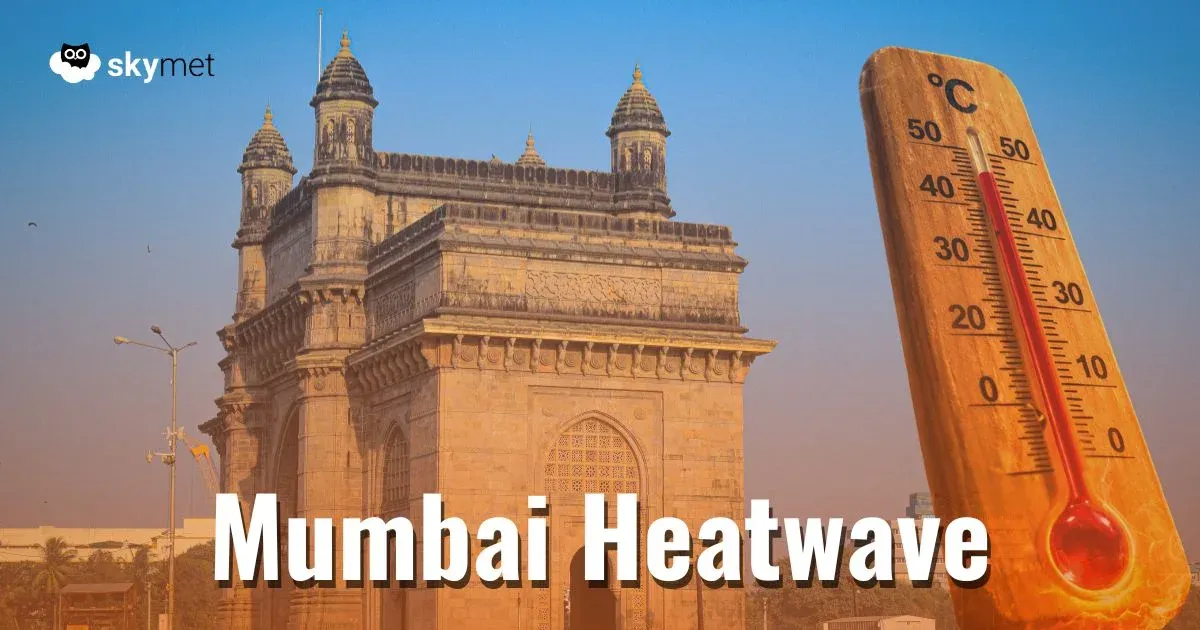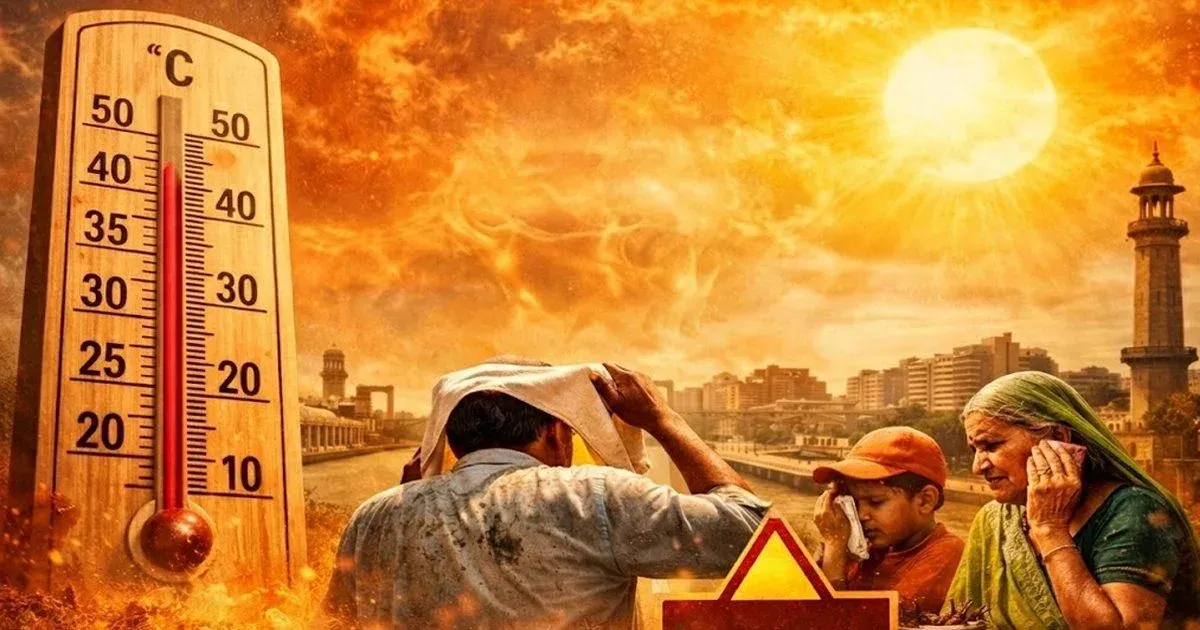A national drought disaster was declared on February 13. Many countries in Africa along with the city of Cape Town in South Africa, are facing severe drought and water shortages. Cape Town’s day zero, when the taps will run out of water and residents will have to queue for 25 liters of water each per day, has been pushed out to June from an earlier expected April as residents have cut their consumption and there have been some significant rains. Last week and in past 24 hours, good rain spells have been witnessed by Cape Town.
[yuzo_related]
The main rainy season for Cape Town is from May to august. Generally, rains start commencing in the month of April and continue till September. July is the rainiest month with an average rain of 100mm followed by June being the second rainiest with an average rain of 90mm. However, May and June witness an average of 70 - 72mm of rain every year.
Now, if it gets its long-term average rains of May, which is about 72 millimeters then the chances of day zero will reduce. Meanwhile, in May 2017, Cape Town only received 6 mm as compared to 60 mm in May 2014.
From the beginning of 2016, Cape Town has imposed water restrictions. Furthermore, those restrictions have been exceeded and progressively tightened except in the wet winter months.
Cape Town has reduced its water use over the past week to an average of 529-million liters a day which is recorded to be the lowest daily consumption achieved till date.
At the start of February, the city implemented its level 6b water restrictions and tariffs to limit water use to 50 l per day per person.
Global warming will possibly result in more frequent and severe weather events. Along with this, increases in temperature in many regions and changes in precipitation patterns may result in rainfall in the Western Cape.
The city’s population is also increasing and attracting migrants from other provinces. This dangerous combination of decreasing rainfall and increasing population means there is an urgent need to build more water storage dams in the Western Cape.
This drought is not just confined to Cape Town as the Northern Cape, Western Cape and Eastern Cape have already been declared provincial disasters.
Image Credit: Financial Times
Any information taken from here should be credited to skymetweather.com


















